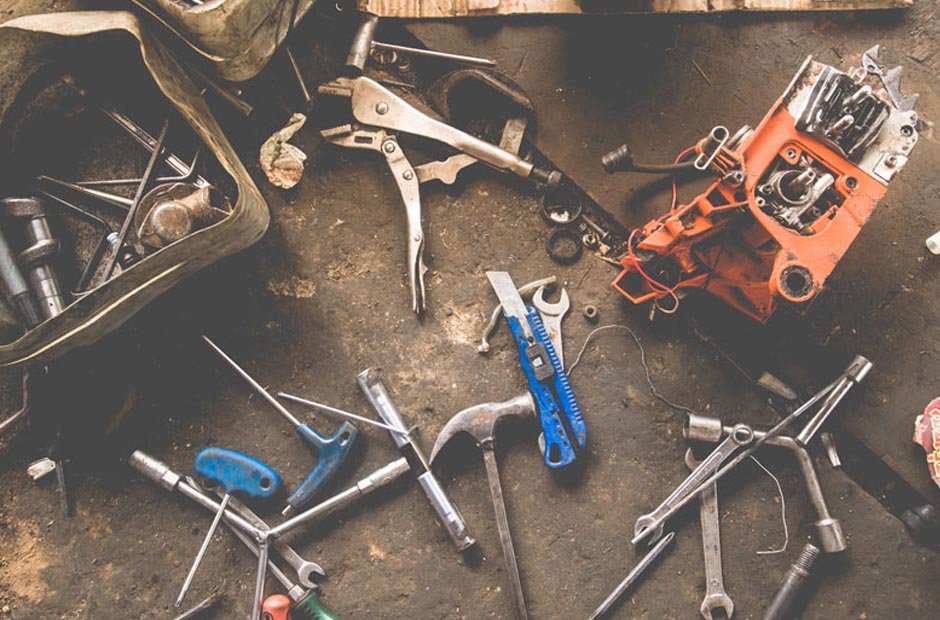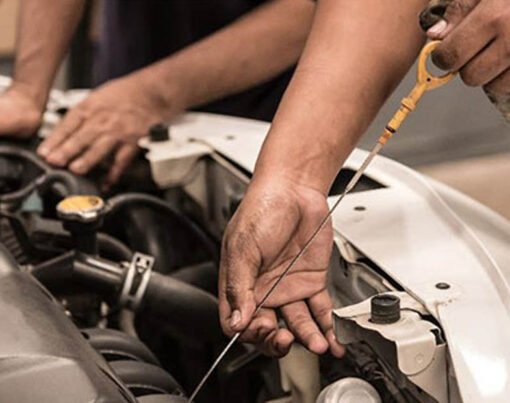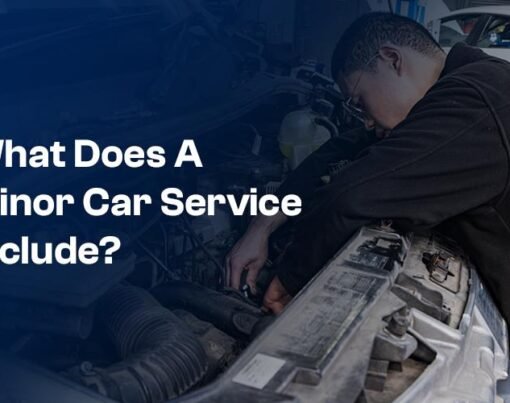Owning a trailer can provide you with unparalleled freedom and convenience for your outdoor adventures. Whether it’s a travel trailer, camper, or utility trailer, maintaining its various parts in pristine condition is essential for ensuring safety, extending its lifespan, and maximizing its resale value.
From the exterior components like the roof, sidewalls, and undercarriage to the interior elements such as hinges, jacks, and the electrical system, each part plays a crucial role in your trailer’s overall performance and longevity.
We’ll share fifteen valuable tips to help you keep your trailer parts in top-notch shape, allowing you to enjoy worry-free travels and camping trips for years.
Table of Contents
Regular Inspections
Performing routine inspections is the foundation of proper trailer maintenance. At least once a month, carefully check the trailer’s exterior, including the roof, sidewalls, and undercarriage, for any signs of damage or wear. Addressing issues can prevent further damage and costly repairs to essential parts like the frame and chassis.
Cleanliness Matters
Keeping your trailer clean goes beyond aesthetics; it is crucial for preventing rust, mold, and mildew from affecting various components. After each trip, thoroughly wash the exterior, paying particular attention to the roof and windows. Clean the interior regularly, and avoid clutter that could add unnecessary weight to the trailer, and strain the suspension system.
Mind the Seals
Properly sealed seams and joints are essential for keeping water out and maintaining the integrity of your trailer. Inspect the seals regularly and reseal any areas that show signs of wear or cracking. This will prevent water leaks and potential water damage to interior parts like the electrical system and appliances.
Tire Maintenance
Check the tire pressure before each trip, and inspect them for signs of wear or damage. Properly inflated and well-maintained tires ensure a smoother ride and reduce the risk of blowouts or tire-related accidents that could affect other trailer parts like the axles and suspension.
Lubricate Moving Parts
Hinges, jacks, and other moving parts of your trailer need regular lubrication to prevent friction and corrosion. Use appropriate lubricants recommended by the manufacturer to extend the lifespan of these components. Properly lubricated parts will function smoothly, making setup and teardown much easier and preventing strain on the mechanical parts.
Battery Care
If your trailer has a battery, maintain it according to the manufacturer’s guidelines. Charge it regularly, and keep the terminals clean and corrosion-free. Additionally, store the battery properly during the offseason to prevent damage from freezing temperatures and maintain a reliable power source for electrical components.
Proper Storage
Store your trailer in a dry, covered area if possible when not in use. If that’s not an option, consider investing in a high-quality trailer cover to protect it from the elements. Exposure to sun, rain, and snow can lead to fading, rust, and deterioration of various parts.
Mind the Weight
Each trailer has a maximum weight capacity. Avoid overloading it, as exceeding the weight limit can lead to structural damage and handling issues while towing. Distribute the weight evenly inside the trailer to maintain proper balance and stability, reducing stress on axles, tires, and suspension.
Brake Inspection
If your trailer has brakes, have them inspected regularly by a qualified professional. Well-maintained brakes are crucial for safe towing, especially on steep or winding roads. They help you stop more effectively and prevent undue strain on your towing vehicle and other trailer parts.
Axle and Suspension Maintenance
Regularly inspect the trailer’s axles and suspension components for signs of wear, damage, or misalignment. Properly functioning axles and suspension systems contribute to a smoother ride and minimize the risk of excessive vibrations that could lead to structural problems affecting multiple parts.
Electrical System Check
Before every trip, test all electrical components, including lights, brakes, and signals. Faulty electrical systems can create hazardous situations on the road and may result in accidents. Ensure that all wiring and connectors are secure and free from corrosion.
Rust Prevention
To protect your trailer parts from rust, apply a rust-resistant coating or paint to vulnerable areas like the undercarriage and hitch. Rust can weaken the trailer’s structure and compromise its safety and appearance, affecting multiple components.
Use Leveling Blocks
When parking your trailer, use leveling blocks to ensure it sits evenly on the ground. This prevents unnecessary strain on the frame and helps maintain the integrity of your trailer’s structure, protecting various parts from potential damage.
Keep Pests at Bay
Pests can wreak havoc on your trailer’s interior, causing damage to wiring, upholstery, and insulation. Regularly inspect for signs of pest infestations and take preventative measures, such as sealing entry points and using natural deterrents to safeguard different trailer parts.
Educate Yourself
Lastly, stay informed about your trailer’s specific maintenance requirements for all its parts. Read the owner’s manual thoroughly and research tips from reputable sources. Join online forums or groups dedicated to trailer enthusiasts, where you can exchange valuable insights and experiences with fellow owners, covering various aspects of trailer care.
Conclusion
By following these fifteen comprehensive tips for keeping all the parts of your trailer in pristine condition, you’ll ensure a safe and enjoyable travel experience and extend the lifespan of your beloved trailer. With these practices in place, you can confidently embark on your journeys, knowing that all trailer parts are always ready for the next adventure. Happy trails!










